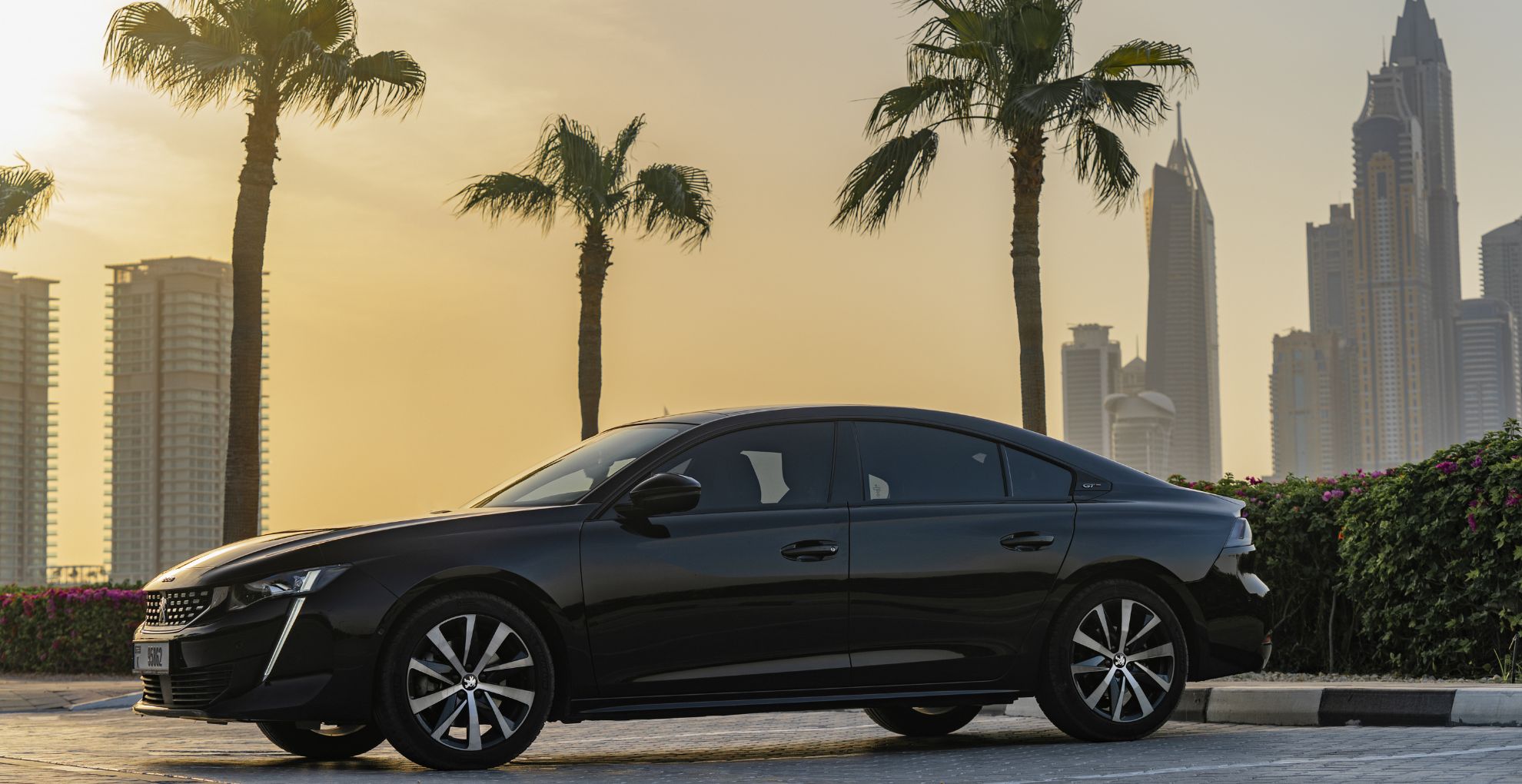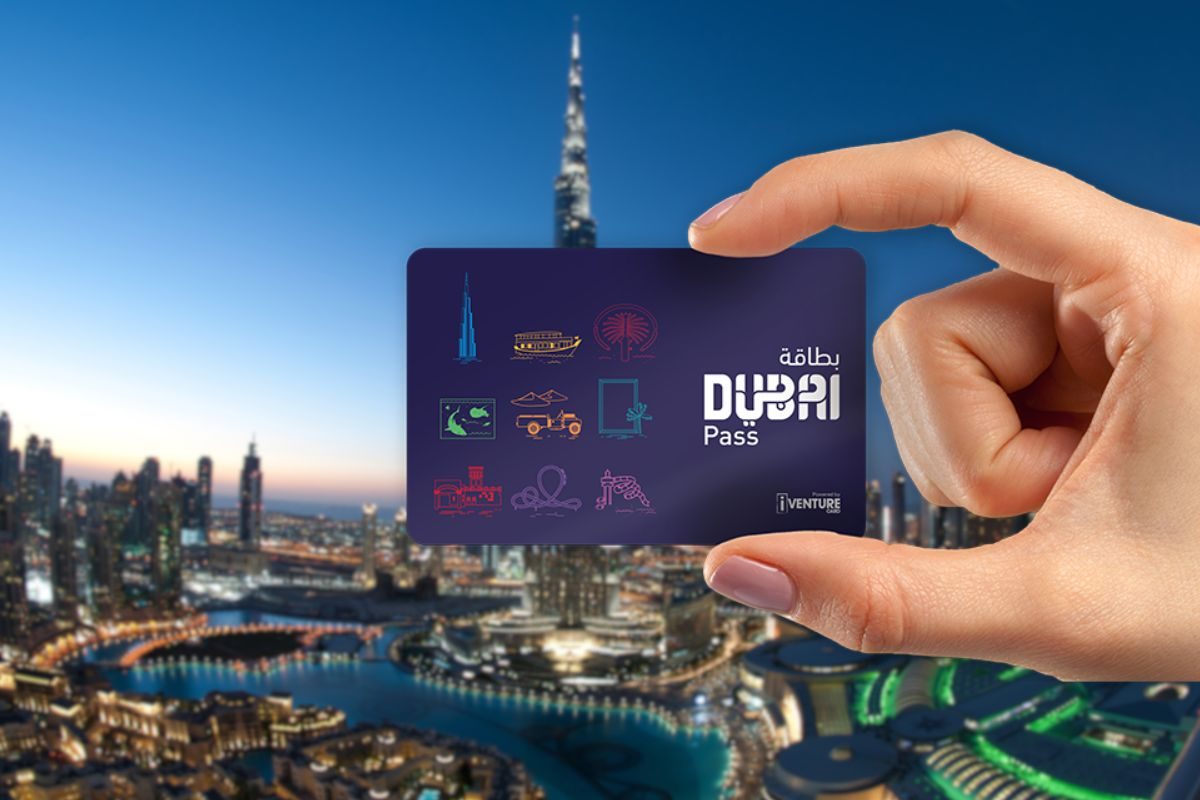Renting a car in Dubai is both affordable and convenient, offering the freedom to roam the city independently. As one of the world's major metropolises, Dubai is naturally home to the major car rental brands, while also supporting dynamic local companies well represented online.
It's advisable to book your vehicle from home to avoid inconvenience on the spot, and to take advantage of any promotions or special offers.
How do I rent a car in Dubai?
Once you've decided to rent a car in Dubai, you need to ask yourself whether you want to rent for the short or long term. In Dubai, you have the option of renting a car by the hour, day or week. All car rental companies in Dubai offer a variety of short- and long-term car rentals.
The short-term car rental service is perfect for a road trip to Sharjah or Abu Dhabi. While the long-term car rental service is a solution for those wishing to rent a car for a longer period, most expatriates tend to rent a car for months or even years.
Once you've decided how long you'd like to rent a car for, all that's left to do is choose a car rental company. The best way to choose a car rental company is to consult your travel agent.
Documents required :
Renting a car in the United Arab Emirates requires certain mandatory documents, which vary depending on whether you are a resident or just a visitor. For tourists wishing to drive in Dubai, it is essential to present a number of supporting documents in order to comply with local regulations.
Among the documents required is a valid original passport, accompanied by a visitor's visa attesting to legal residence in the country. In addition, an international driver's license is required, in addition to the original driver's license issued in the driver's country of origin. This dual requirement is designed to guarantee recognition of the driving rights of foreign visitors, and to ensure their compliance with Emirati traffic laws.
It is strongly recommended that you keep these documents with you at all times when driving, in addition to the rental contract and the papers provided by the car rental agency. In the event of a roadside check or stop by the relevant authorities, the absence of these documents could lead to administrative complications, or even penalties. Some rental agencies may also require a credit card in the driver's name for reservation and deposit purposes.
Finally, before taking to the road, it is advisable to carefully check the terms of the rental contract, particularly with regard to insurance, mileage limits and any restrictions on driving outside the United Arab Emirates. Good preparation will help you avoid any inconvenience and enjoy the driving experience in Dubai with complete peace of mind.
Who pays Salik's expenses (tolls)?
In Dubai, there are no traditional toll booths, which means that traffic flows smoothly and without interruption on the main roads. However, tolls are in place in the form of an electronic system called Salik Toll Points. This system is based on automatic detection technology that directly deducts tolls, avoiding drivers having to stop or slow down their journey.
Each time a vehicle passes through a Salik gantry, AED 4 is automatically deducted from a prepaid toll account associated with the vehicle. For drivers of rental vehicles, payment of these charges is handled by the rental agency, which then passes on the amounts collected to the customer via the Salik RTA system. Depending on the terms of the rental contract, these charges may be billed daily or at the end of the rental period.
When renting a vehicle, it is therefore essential to find out exactly how tolls are charged, to avoid any surprises at the time of final settlement. Some agencies apply administrative charges in addition to the exact amount of tolls, which can influence the total cost of the rental. For greater transparency, we recommend that you consult the terms and conditions of the contract before setting off.
Tips for visit Dubai
Whether you're a tourist or a resident, renting a car in Dubai involves respecting certain essential rules.
First of all, it's important to note that rental vehicles are not allowed to leave the United Arab Emirates. So, if you're planning a road trip to the Sultanate of Oman or another neighboring country, you'll need to opt for a personal vehicle belonging to a friend or family member, as rental agencies do not allow their cars to be used outside UAE territory.
With regard to the minimum age required to rent a car, regulations impose certain restrictions. Although the legal driving age in the Emirates is 18, you must be at least 21 to rent a vehicle. However, some rental companies set a higher age limit, sometimes requiring a minimum of 25 for specific models, notably luxury cars or high-end vehicles. It is therefore advisable to check this requirement with the agency before booking.
In addition, most rental agencies require a deposit, usually in the form of a temporary block on a credit card. This amount, often set at AED 1,500, is used to cover any traffic fines or to compensate the agency for any damage caused to the vehicle during the rental period. If no incident is reported, the deposit is automatically released within a few days, although certain times may vary from one bank to another.
When it comes to insurance, most car rental companies include basic coverage in their rates. However, this insurance may have certain limitations, and it is often advisable to take out additional protection to avoid unforeseen costs in the event of an accident.
Finally, in the event of a collision, it is imperative to obtain a police report, even if you are not at fault. This report, indicated by a white or blue note, is an official document that determines responsibility and avoids any subsequent dispute. Without such a report, the rental agency could charge you for repairs, even if you are not at fault.
By observing these rules and taking the time to fully understand the rental conditions, you'll be able to enjoy your driving experience in Dubai with peace of mind.






























